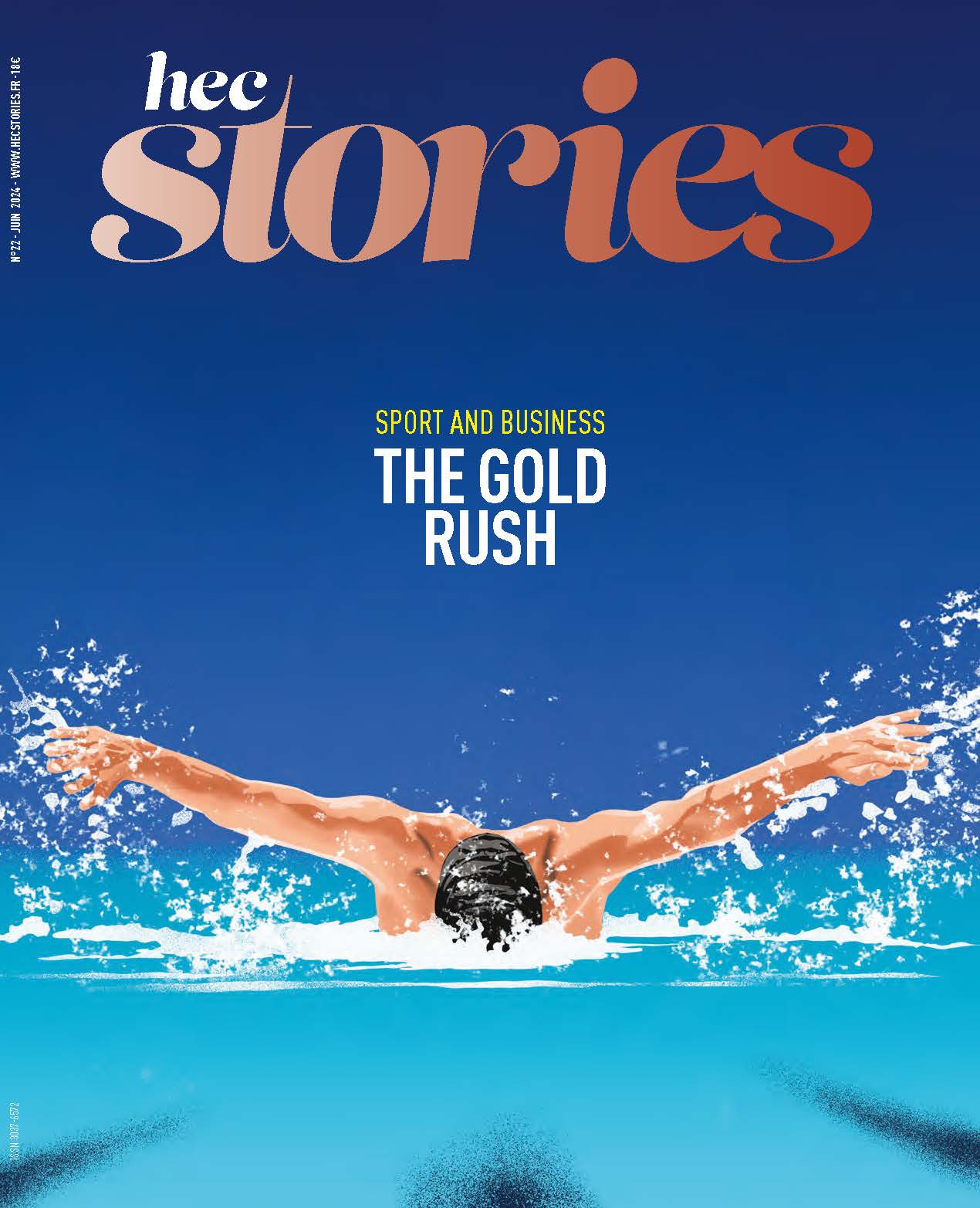Tania Sanchez (H.17) : analysis of entrepreneurial fatigue

Entrepreneurship is a challenging journey. We’ve entrusted Tania Sanchez, author of “Philosophy of Daily Life,” with an article on this extensive subject, which she has chosen to approach through the lens of fatigue.
It comes as no surprise: entrepreneurs are tired. On LinkedIn, they proudly display the weariness in their faces. They embrace this fatigue, which serves as a testament to their commitment. “I work hard, and I’m proud of it,” they seem to say. When defending a project they are deeply attached to, the intensity of the joy it brings often compensates for this fatigue.
But is it the short nights that tire entrepreneurs, or are they, in reality, affected by a metaphysical fatigue?
1 / Fatigue of the Moment
Seizing the opportunity. Acting at the right moment. The entrepreneur’s concept of time is the moment : they decide, cut, and arbitrate. They claim not to have time : not for a private life, summer vacations, and most importantly, perhaps without realizing it, not for surrendering to duration. In “The Creative Mind,” Henri Bergson explains that if we view time as a necklace of pearls where duration is the thread connecting moments, we cannot truly understand what duration is. It vanishes as a dust of moments, none of which last, each being an instantaneous snapshot. The moments in the present chase each other without me being able to hold onto them, as long as I conceive of duration as a thread that could link these snapshots – a view that mirrors the entrepreneur’s daily life, which appears as a succession of moments. Duration is not the connection between moments; it has its own nature, which seems to resist the entrepreneur.
Every human being is caught in the duality of the experience of time : the moment and duration. But entrepreneurs have the unique quality of seeking to hold onto pearls that constantly slip away, leading to their metaphysical fatigue.
2 / Fatigue of Risk
Time escapes them, but that’s not all : their fatigue also stems from their relationship with risk. In “In Praise of Risk” philosopher and psychoanalyst Anne Dufourmantelle encourages us to embrace risk; she argues that it is through risk that we truly live. Fearing risk would be akin to fearing life. In this regard, entrepreneurs appear faultless: risk is their daily bread : they chose it when they decided to start their own business rather than joining one created by others with established foundations. However, the very risk they have chosen can also fatigue them. For others, risk is a suspended moment, a vertigo felt when standing on the edge of a cliff, with palpitations reminding us that our veins carry life. Entrepreneurs, on the other hand, constantly stand on the precipice. They neither reassure themselves by staying safely on the path away from the cliff’s edge nor truly plunge into the abyss to see what lies below. They are trapped in perpetual risk, a perpetually racing heart, with no respite to find rest in passivity.
3 / Fatigue of Being Oneself
Above all, the entrepreneur is tired of not being able to escape from themselves. Their startup is them. Everywhere they look, in their computer, their colleagues’ computers, in posters, in social media posts they prepare, there is symbolically only them. The company is an extension of their identity, and all the advice given to encourage them not to recognize themselves in it, not to intimately associate with the successes and failures of their project, fail to divert them from this oppressive self-image. To regain energy, they would need otherness. Entrepreneurs would find solace in the company of others, in their ideas, decisions, and any intervention that could, at last, relieve them from the perpetual responsibility of their actions and the monologue they engage in throughout the day.
While, at first glance, one might think that there is nothing easier and more comfortable than being alone with oneself, in reality, it is in otherness that one can indulge in the luxury of relinquishing free will, the necessity of choice, and the obligation to be the one who speaks. For entrepreneurs, rest comes when there is finally another facing them.
The entrepreneur, triple-weary from experiencing only moments without being able to surrender to the ever-changing duration, perpetually standing at the cliff’s edge, and having to constantly bear their own company, can become aware of the reasons for this metaphysical fatigue and combat it with new tools: duration, a marked path for a few steps, and the pursuit of otherness.
In other words, to relieve metaphysical fatigue, entrepreneurs can seek to temporarily change their relationship with time, reject the division into moments, slots, and the fragmented time of clocks. They can engage in a task or experience without internally monitoring the passing minutes. They can give themselves the right not to always choose the riskiest option and accept shared responsibility for a decision with someone else or even entrust that other person entirely with the weight of a decision, to find in their business a touch of foreign substance.
Tania Sanchez, “Philosophy of Daily Life – An Inner Adventure in 70 Questions,” Eyrolles Editions.
Published by Loane Gilbert

